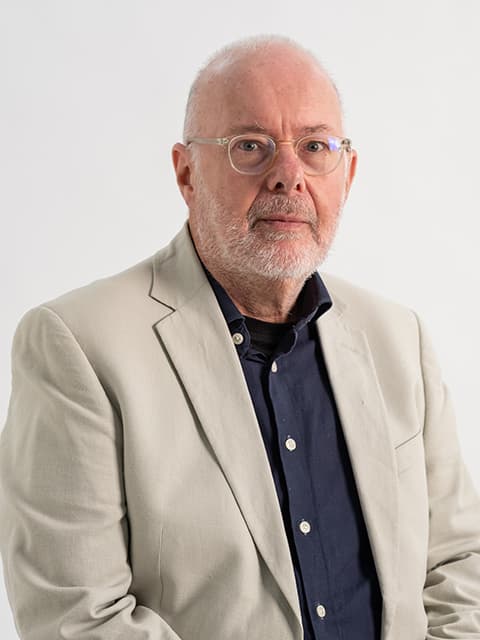I'm a social psychologist, and my home base is in Conversation Analysis. That's the very close and painstaking study of interaction (of any sort: talking to the doctor, say, or arguing with your daughter, or 'just chatting'). Talk does things; Conversation Analysis uncovers what, and how.
I started out as a traditional sort of social psychologist, earning my PhD stripes at the excellent (but now sadly defunct) MRC Social and Applied Psychology Unit at Sheffield University. But something was gnawing at me even as I was plotting my experiments and shuffling through my response sheets.
What did people's answers to my "response items" mean? (They weren't even questions in the ordinary sense, which really ought to have rung alarm bells). Why was I asking people these abstract questions anyway? Why not actually go and see what they were doing?
Well, it turned out that watching and recording what people did in everyday life wasn't really the done thing among psychologists at the time (- not much has changed, I regret to say). Desperate to join (what they thought was) the scientific crowd, psychologists were busy, as I had been, bringing people into the laboratory and more or less beating the everyday life out of them.
What to do?
What, then, to do? I began to hear about a mysterious procedure called 'discourse analysis' which seemed to be about 'speech acts'. Now here was something which promised to be about everyday life - people actually talking to each other, with nary a psychologist in sight - where things happened (promises made, jobs offered, laws passed). I came across the pioneering Discourse and Social Psychology by Jonathan Potter and Margaret Wetherell. Marvellous!
A bit later I was drawn, as many ex-discourse analysts worried about a bit too much theory and a bit too little actual observation, to the extraordinary world opened up by the sociologist Harvey Sacks. His posthumous Lectures on Conversation were a jaw-dropping mix of people-watching and hard-nosed, scientific-as-you-like detailed analysis of everyday life. They still are - if you can find a copy, do have a look in it.
Of course surveys and experiments have their place in social psychology. But if you want to go where the action is - what people do with each other, for each other and to each other - then there's no real substitute for taking your camera out and recording them. Bring the tapes back, pull up a chair, and look carefully: social life is exquisitely choreographed, and one of the psychologist's most rewarding jobs is to understand the steps in the dance, and how it swirls people around the stage.
His research interests are in social interaction and language. Among his recent publications is the edited collection "Applied Conversation Analysis" and he is Editor of the academic journal Research on Language and Social Interaction, which also has a blog.
Atypical Communication
- Antaki C. and Russell, C (2023). Contrasting strategies for supporting service users in carrying out a routine task: Directives versus engagement. Journal of Interactional Research in Communication Disorders,14(1), 106-121
- Antaki, C., Chinn, D., Walton, C., Finlay, W. M. L., & Sempik, J. (2020). To initiate repair or not? Coping with difficulties in the talk of adults with intellectual disabilities. Clinical linguistics & phonetics, 34(10-11), 954-976.
Police work
- Kent, A., & Antaki, C. (2020). Police call-takers' first substantive question projects the outcome of the call. Applied Linguistics, 41(5), 640-661.
- Richardson, E, Stokoe, E.H. and Antaki, C. (2018) Establishing Intellectually Impaired Victims’ Understanding about ‘Truth’ and ‘Lies’: Police Interview Guidance and Practice in Cases of Sexual Assault. Applied Linguistics, 1-21
Healthcare interactions
- de Cock, B and Antaki, C (2024) How diabetes forum-users complain about others' expectations: troubles-telling and troubles-receiving. Discourse and Communication, early online
- Bloch S and Antaki C. (2022) How professionals manage clients' objections to their advice. Discourse Studies, 24(3)
